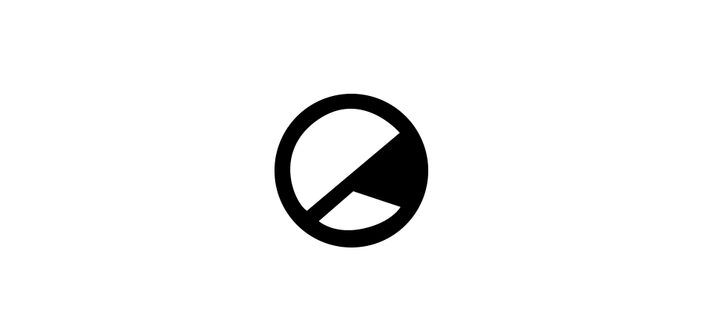If things are supposed to mature with age, like a fine wine, then in recent years Doctor Who has certainly made a case for the argument that it is past its sell-by date. Episodes are tonally unstable, underpinned by unconvincing characters and underwhelming opposition, the net result of which leaves fans paradoxically expecting the show to match former glories despite instinctively preparing for yet another poor performance. In short, regeneration is long overdue.
Recent failings are made all the more frustrating when you consider the show’s fundamentals remain stable. There is most definitely still a market for time and space adventures in a navy blue police telephone box. It may be the longest-running science fiction television programme in the world, but it certainly isn’t exhaustive. Consider its triumphant return in 2005, and the refreshing facelift that encouraged generations of new viewers over two decades – evidently the problem with this particular ship is the direction its captain steers it in, rather than the wind itself.
Steven Moffat is an accomplished writer. His 2007 serial Blink sits highest on a resume boasting a number of Who‘s best episodes in the modern era. His first series in charge back in 2010 is still amongst the best in the revived era, but nevertheless what followed under his tenure has seen a marked decline. Unsuccessful alterations to the show’s format and transmission have undermined his authority, which only serves to compound the criticism of his recent scripts. Too often Moffat seems to lose the tone of a serial in pursuit of a specific idea, or set of scenes. His characters are poorly grounded, and all too often he fails to do justice by their adventures – I’m still half-expecting Rory to make another ill-fated attempt at resurrection in the upcoming series.
Some of that criticism is unfairly deflected onto the Doctor himself, Peter Capaldi. His acting style compensates for Who‘s current standard of writing, though his ownership of the script puts him directly in the firing line when episodes fail to meet expectation. Factor in the average quality of his companions thus far – and the less said about Nardole the better – and Capaldi could almost be forgiven if he one day reflects on his stint in the TARDIS with the feeling of being robbed. Had he been cast by a different showrunner, with a set of objectives that stretch beyond ‘how confusing can I make this storyline?’, and Capaldi may well have been revered.
Are viewers unfairly exaggerating the show’s downfall? Perhaps. It could certainly be argued that the programme doesn’t owe its fans a perfect show – and in many cases it has consistently failed to navigate a single series without weak episodes – though nowadays those occur in pursuit of creativity rather than budget-saving. Moffat may feel he has grounds to argue that his creativity is chained somewhat by expectation, removing a margin for error many feel he exhausted within about a year of taking the role, but that still falls back to incompetancy. Tinkering with the fundamentals of the programme raised the hackles of many, especially during extended periods of hiatus between runs that only serves to multiply the feelings of mistrust and disappointment. Moffat certainly hasn’t created the rod for his own back, but in many ways he is the one delivering the blows.
Is there a positive future on the horizon? Perhaps. Chris Chibnall’s earlier writing credits for the show are reasonably uninspiring, his best triumph probably the Hungry Earth/Cold Blood two-parter of 2010, but considering the outline for many of his previous works are likely to have originated from Moffat, it seems almost unfair to pre-judge his craft. Furthermore, his work on Edge-acclaimed Broadchurch should have fans with high expectations in the areas of story arcs and character developments; something which Moffat crucially falls down on. The casting of the upcoming 13th Doctor is likely to prove decisive in terms of fan anticipation, though many scorned at David Tennant’s exclamation of “Barcelona!” once upon a time. The show has stable positives, its design and score consistently of a high standard, but the stories need to start matching the aesthetics.
Doctor Who has never been a programme for consistency, nor should it be. Its central character reflects its spirit – unpredictable, constantly changing and very rarely settled. But there is method to the madness, and Moffat has largely failed to find a balance. Viewers have become harsher, fuelled by discontent and a lack of trust in the show’s governance, so much so that the BBC probably wishes it could travel back in time to ten years ago, when expectations were marginally more muted and, therefore, success more resounding. But the entertainment industry is competitive for a reason, and Doctor Who once again needs to justify it’s billing or it may well fall victim to another extermination.
Doctor Who returns on Saturday 15th April.




